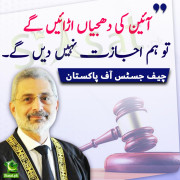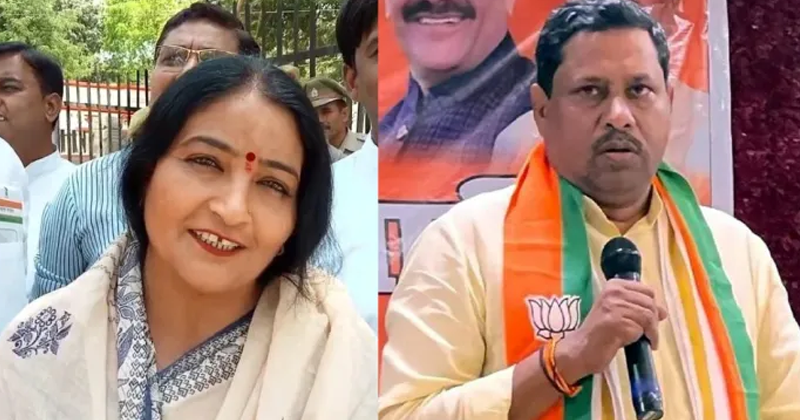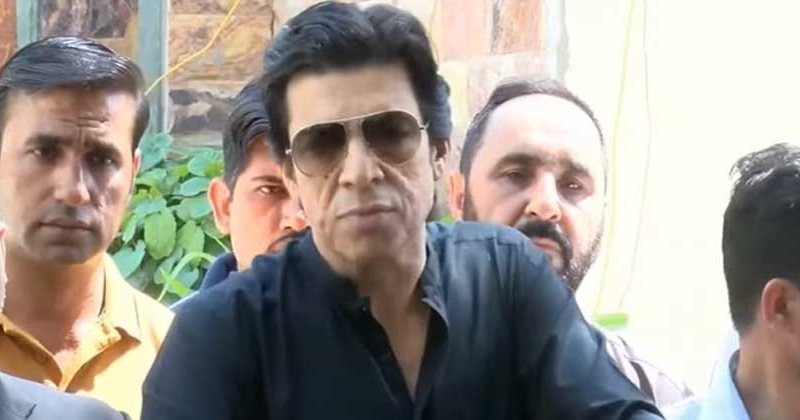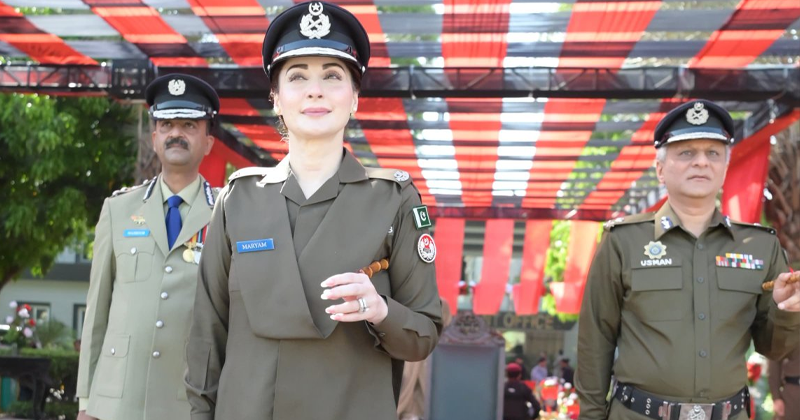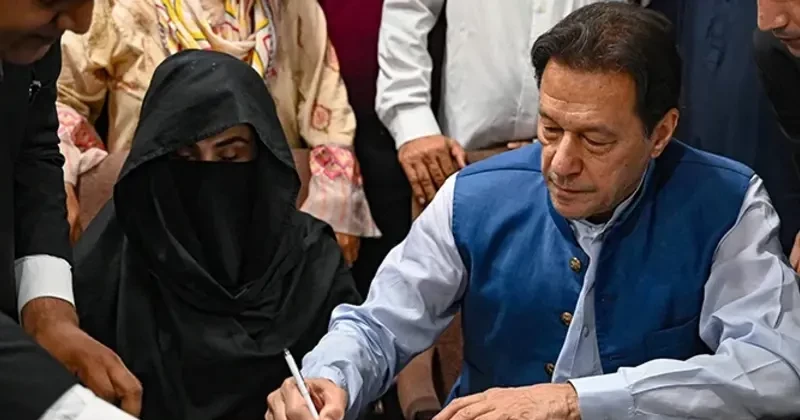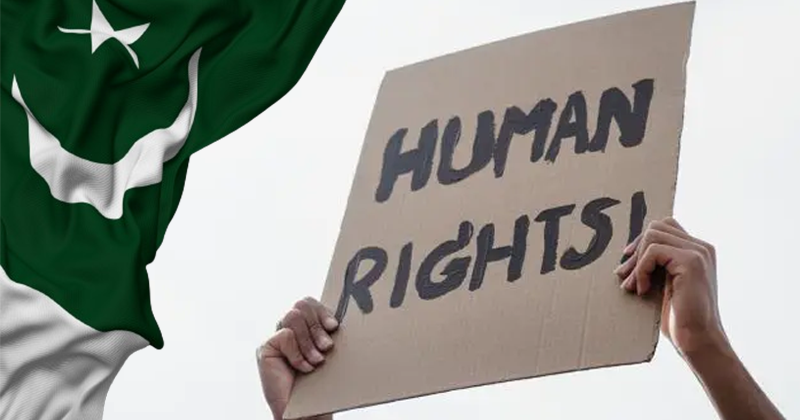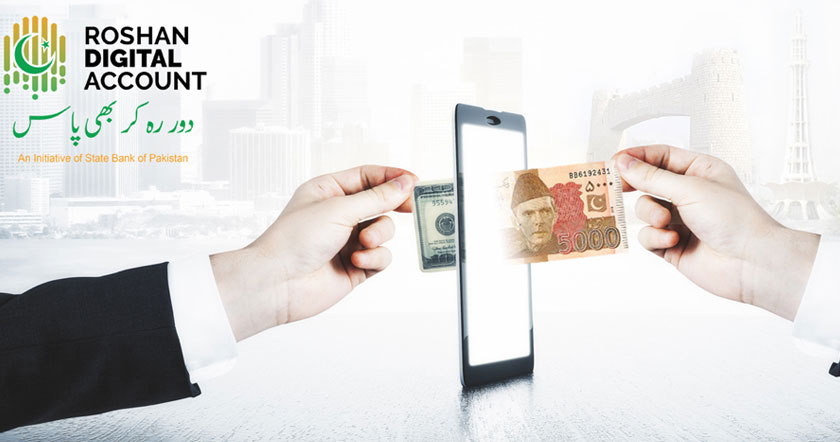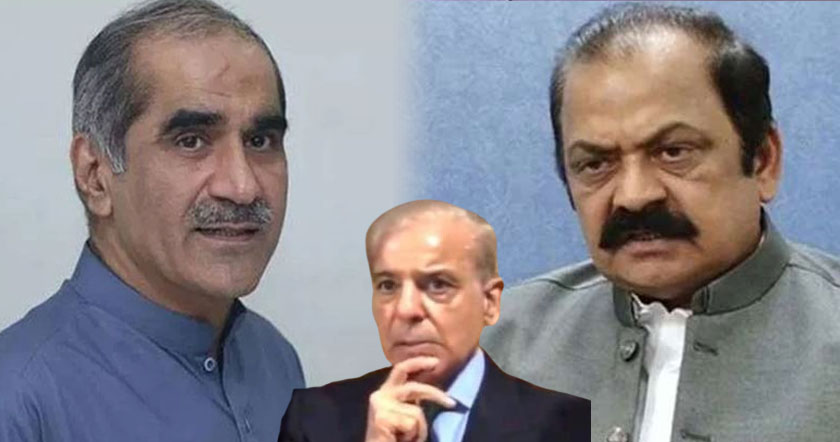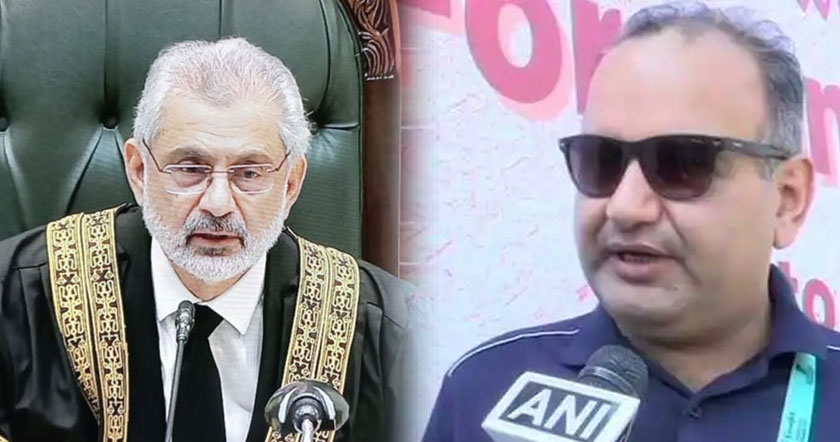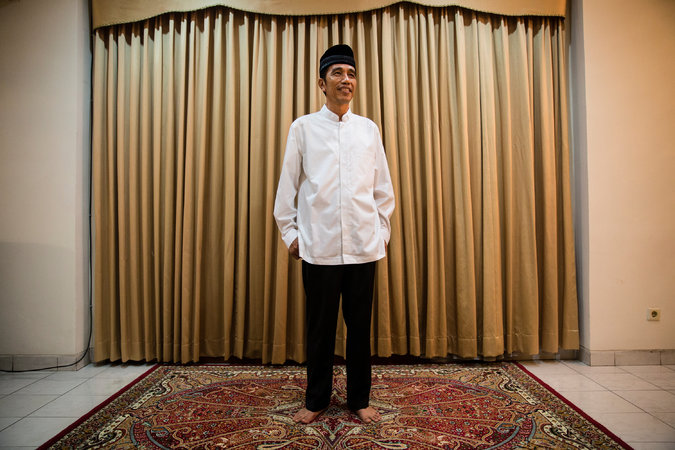
Joko Widodo, the governor of Jakarta, will be sworn in next month as the leader of the world’s fourth-most-populous nation.Kemal Jufri for The New York Times
For a while, it looked as if Indonesia’s bad old days had returned.
The Constitutional Court was hearing an appeal by the losing presidential candidate, a former army general and son-in-law of Indonesia’s former dictator, who charged that the election last July had been rigged and should be overturned.
Outside, his supporters clashed with the riot police and tried to storm the court building. The police fired water cannons and tear gas.
But when the justices issued their ruling denying the appeal last month, something strange happened: The losing candidate grudgingly accepted defeat.
The most competitive presidential election in Indonesian history had come to a dramatic and peaceful end. Next month, Joko Widodo, the governor of Jakarta, will be sworn in at the Parliament building, completing a stunning rise from a child of the slums and carpenter to leader of the world’s fourth-most-populous nation.
Sixteen years after Suharto, the authoritarian president whose corrupt and brutal military-backed government ruled the country for 32 years, was forced to resign amid violent pro-democracy protests, Indonesia has become a role model for peaceful, democratic transfers of power in Southeast Asia, a region where they are becoming increasingly rare.
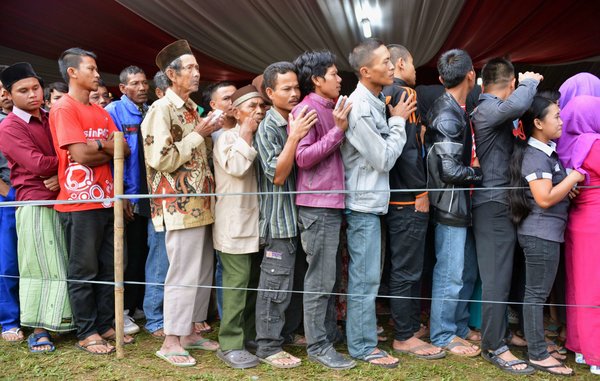
Indonesians lined up to vote in the country’s presidential election in the village of Bojong Koneng in Bogor, West Java Province, in July.
In Thailand, the military overthrew a democratically elected government in May for the second time in eight years. Malaysia and Cambodia have been mired in political turmoil since parliamentary elections last year, which the opposition in each country claims were rigged. Neither Malaysia, Cambodia nor Singapore has ever had a democratic handover to the political opposition.
The Philippines has had democratic elections, but they have tended to be tainted by fraud and violence, and the last two presidents jailed their predecessors.
And those are the democracies. Vietnam has enforced one-party Communist rule since unification, and Myanmar is taking its first, tentative steps toward openness after decades of military rule.
Indonesia, however, in addition to the presidential election, held successful general elections in April in which nearly 140 million people cast ballots, a turnout of 75 percent. All of the competing parties accepted the results.
“There is no doubt that Indonesia is now Southeast Asia’s most democratic nation, and this is something no one would have predicted in 1998,” said Marcus Mietzner, an Indonesia specialist at Australian National University.
Indonesia’s record on other fronts still leaves room for improvement. Corruption remains endemic in the nation of 250 million, religious minorities face discrimination and violence and, according to Human Rights Watch, members of the state security forces still enjoy “widespread impunity” for serious human rights abuses. But most of those areas, too, reflect enormous progress since the dictatorship era.
A central reason for Indonesia’s success is that, unlike in Thailand, post-Suharto civilian leaders in Indonesia sidelined the armed forces from politics. Lawmakers passed constitutional amendments that stripped the military of its reserved bloc of seats in the House of Representatives and ushered in direct elections, from president all the way down to mayor.
Serving military officers were barred from government posts and political party activities, and ultimately, Indonesia’s armed forces were forced to sell off their commercial business interests.
Thailand’s military, on the other hand, has repeatedly asserted its power during political crises throughout the country’s modern history — there have been a dozen successful coups since the 1930s — and it draws its legitimacy from portraying itself as the sole guardian of the monarchy.
Another crucial democratic advance for Indonesia, experts say, was its bold move to regional autonomy across the far-flung archipelago a year after Suharto’s resignation in May 1998. That decentralization of power broke Jakarta’s political monopoly and prevented the emergence of a new, dominant national political force.
It also gave smaller political groups a way to survive even if they failed to win a national election. “Forces that lose out in the center can still hold power in provinces and districts, making them accept the outcome of political contests,” Mr. Mietzner said.
To be sure, the move toward regional autonomy was also chaotic, blighted by the convictions of dozens of regional leaders for corruption.
Mr. Joko, however, is a notable example of its success. Born in a riverside slum in the Central Java city of Surakarta, the 53-year-old craftsman was twice elected mayor and used his election as governor of Jakarta in 2012 to catapult himself onto the national political stage.
He will be the first president in Indonesian history not to have come from its Suharto-era political elite or to be a former army general, and the first to assume the presidency having experience running a government.
..........
read more at: http://www.nytimes.com/2014/09/05/w...nesia-becomes-a-role-model-for-democracy.html


